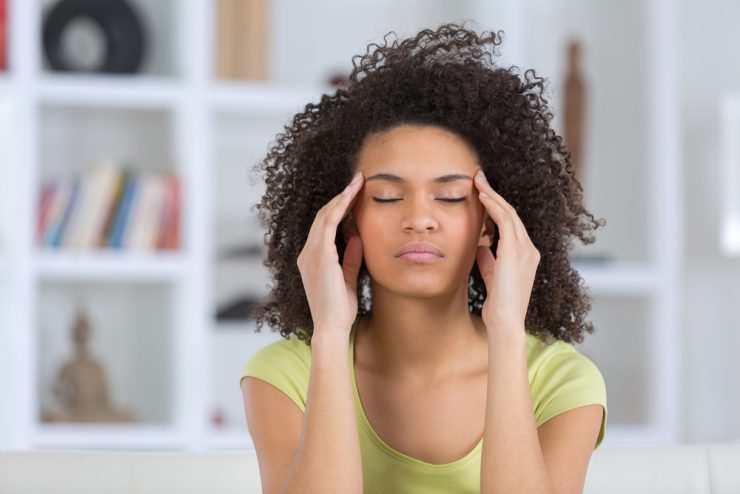We all experience anxiety at some time or other. However, if feeling anxious starts to affect your life on a regular basis it’s time to take action.
Clinical nutritionist Suzie Sawyer looks at how addressing your diet as well as some gentle exercise can help to keep you calm.
SYMPTOMS OF ANXIETY
Physical symptoms of anxiety can include a dry mouth, sweating, breathlessness, a thudding heart, dizziness, chest pains, diarrhoea and fatigue. The good news is there’s much that can be done naturally to help the situation.
NUTRITIONAL SUPPORT
If symptoms are also associated with a loss of appetite, this may lead to nutritional deficiencies, which can exacerbate anxiety. Low levels of the mineral magnesium, for example, is frequently associated with anxiety. Magnesium is abundant in green leafy vegetables, fish and wholegrains so try to include more of these in your diet.
Vitamin B6, found in pork, poultry, fish, wholemeal bread and eggs, together with vitamin C, which is abundant in all fruits and vegetables, also often start to run low during stressful times, so stock up on these foods as well.
PROTEIN
Eating protein-rich foods such as chicken, turkey, meat, eggs, fish, tofu or beans at every meal will help keep blood sugar levels on an even keel. This in turn helps to reduce the stress response and relieve anxiety.
DRINKS TO HELP AND DRINKS TO AVOID
Having a milky drink before bedtime can be beneficial. Milk is high in the amino acid tryptophan, which stimulates production of the hormone serotonin and helps calm the mind and induce sleep.
Reaching for an alcoholic drink may be tempting but is best avoided, as alcohol is actually a depressant. Anxiety can often occur six to twelve hours after a drinking session when blood sugar levels drop. The same applies to caffeine; too much can induce feelings of agitation so it pays to limit caffeine-containing drinks. Instead, try some relaxing herbal teas such as camomile or starflower.
PASSION FLOWER
For additional support, the herb passion flower (Passiflora) is great for calming the nerves and works fast. So, if you’re about to take a driving test, sit an exam or do a presentation, then passionflower is definitely your friend!
EXERCISE
Finally, sometimes the simplest things are the most effective. Never underestimate the positive impact of even a short walk in the fresh air. Doing fast-paced aerobic exercise when you’re already stressed may lead to adrenal burnout so aim for more gentle exercise such as yoga, Pilates or Thai Chi until you feel calmer.























